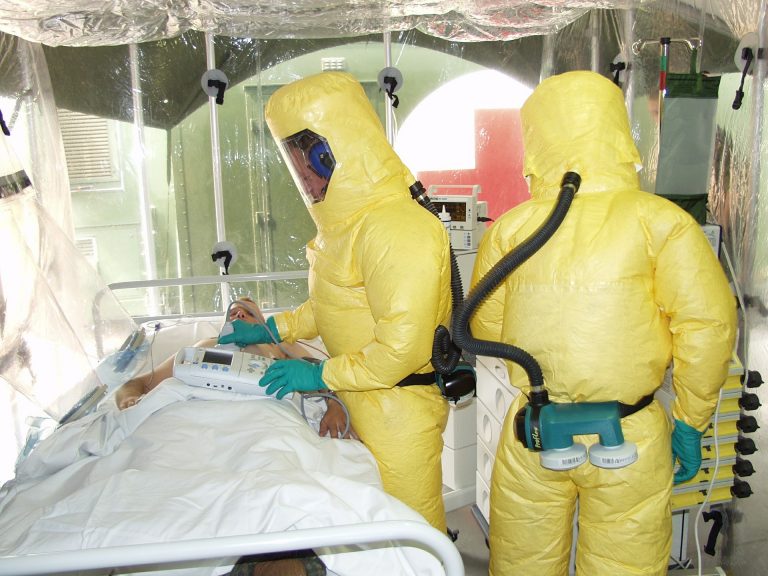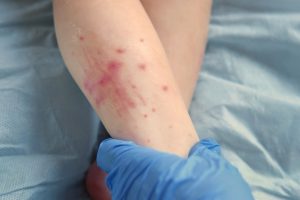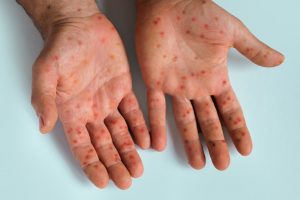The risk of spread of Ebola to South Africa remains low according to risk assessments conducted by the Department of Health, National Institute for Communicable Diseases (NICD) and WHO. Currently, there are no EVD cases in South Africa nor are there any suspected cases under investigation.
The Democratic Republic of Congo (DRC) has been experiencing an Ebola Virus Disease (EVD) outbreak since August 2018. To date, 2512 cases and 1676 deaths were reported. The outbreak is limited to the zones of the North Kivu and Ituri Provinces, located towards the eastern border of the DRC. This is a remote location in the DRC, more than 3000 km from the capital Kinshasa.
The ongoing nature of the outbreak despite best efforts of the DRC, WHO and Partners to control it, prompted the World Health Organization (WHO) to convene the 4th International Health Regulations (IHR) Emergency Committee meeting. On Wednesday, 17 July 2019, the WHO Director-General Dr Tedros Adhanom Ghebreyesus declared the EVD outbreak in the DRC to be a Public Health Emergency of International Concern (PHEIC).
The WHO expressed concern for the spread of the disease to other parts of DRC and countries neighbouring it. There has been importation of cases to Uganda in June 2019 which were swiftly identified, with no further cases reported in the country since then. In addition, a case was reported in the DRC city of Goma (situated near the border of Rwanda), which was promptly isolated and treated.
The declaration of the PHEIC is an extraordinary measure that will enable the DRC to gain access to much needed international support and resources. In addition, control strategies will be reviewed and coordinating mechanisms will be strengthened within the DRC.
To become infected, an individual has to have direct contact with an infected person. Persons who are at risk of becoming infected need to have been in the North Kivu area, and have contact with infectious patients there. There are no trade links nor tourist destinations in the North Kivu area. In addition, there are no commercial flights between South Africa and the epicentre of the outbreak including Goma, further limiting the risk of an imported case.
Despite the low risk to South Africa, the health systems are on high alert to rapidly detect and manage imported cases should these occur. Since the commencement of the outbreak, the South African Department of Health has worked with stakeholders to develop and implement a preparedness plan. The plan includes co-ordination meetings amongst stakeholders, risk communication, screening of returning travellers and other high-risk persons including military personnel, infection prevention and control training and provision of equipment, strengthening of laboratory diagnostic capacity and simulation exercises amongst stakeholders. South Africa has a great deal of experience in diagnosing and managing viral haemorrhagic fevers and has the only BSL-4 high-security laboratory on the continent.
The National Department of Health in collaboration with the NICD and WHO will continue to monitor the level of risk to the country and implement appropriate measures as required.
The WHO does not recommend that any travel or trade restrictions be applied to DRC or neighbouring countries.
Persons who have travelled to the DRC to the affected area, particularly the North Kivu region are advised to monitor themselves for symptoms including vomiting, diarrhoea, fever and or bleeding and to contact their health care practitioners should they be concerned. Health care workers should note that malaria is a very important and far more common cause of febrile illness in travellers from these areas and must be considered when assessing any such patients.
Click here for more information on Ebola virus disease, guidelines and other useful resources
For Medical/clinical related queries: Contact the NICD Hotline +27 82 883 9920 (for use by healthcare professionals only).





